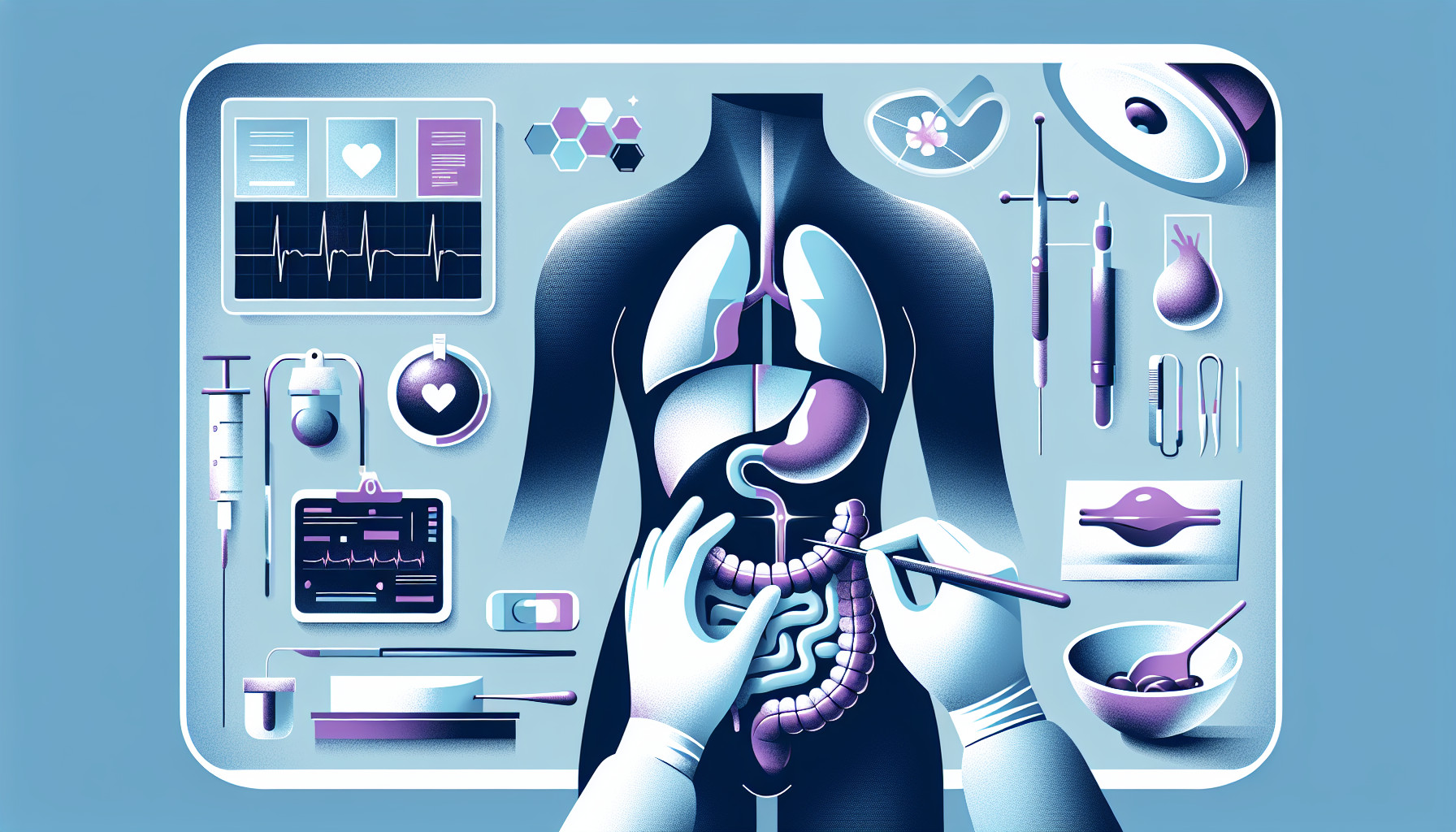Our Summary
This review looks at the developments in laparoscopic pancreaticoduodenectomy (LPD) - a type of minimally invasive surgery for the pancreas and duodenum - over the last six years. The operation techniques, including the removal and reconstruction methods, have been established and proven to be safe and practical. LPD has been increasingly used in some medical centers due to its advantages such as clear view and less bleeding, which not only help patients recover quicker, but also provide good learning material for medical trainees. However, there are still issues with LPD, such as a higher number of complications in some centers and debate about its long-term benefits for cancer patients. Therefore, it is necessary to monitor the long-term outcomes of LPD, possibly by creating a database to evaluate its outcomes through large-scale, randomized controlled trials. There is also a need for structured LPD training programs for new surgeons.
FAQs
- What is the Laparoscopic Pancreaticoduodenectomy (LPD) procedure and how has it progressed in the past six years?
- What are the benefits of LPD for patients and trainees?
- What are the potential complications and controversies surrounding LPD?
Doctor’s Tip
A helpful tip a doctor might tell a patient about Whipple procedure is to follow post-operative instructions carefully, including taking prescribed medications, avoiding strenuous activities, and attending follow-up appointments. It is also important to maintain a healthy diet and lifestyle to aid in recovery and prevent complications.
Suitable For
The Whipple procedure is typically recommended for patients with certain types of pancreatic, bile duct, or duodenal cancers that are localized and resectable. It may also be recommended for patients with benign tumors or cysts in the pancreas or bile ducts. Additionally, patients with chronic pancreatitis that is causing severe symptoms or complications may also be candidates for the Whipple procedure. It is important for patients to undergo a thorough evaluation by a multidisciplinary team to determine if they are suitable candidates for this complex surgery.
Timeline
Before the Whipple procedure:
- The patient will undergo various diagnostic tests such as blood tests, imaging studies (CT scan, MRI), endoscopic ultrasound, and possibly a biopsy to confirm the diagnosis of pancreatic cancer or other conditions.
- The patient will meet with a multidisciplinary team of healthcare providers including surgeons, oncologists, and nutritionists to discuss the procedure, potential risks and benefits, and post-operative care.
- The patient will likely need to undergo a period of pre-operative preparation which may include dietary changes, cessation of smoking, and optimization of overall health.
After the Whipple procedure:
- The patient will be closely monitored in the hospital for several days to manage pain, monitor for complications, and begin the process of recovery.
- The patient will need to gradually resume eating and drinking, starting with clear liquids and advancing to solid foods as tolerated.
- The patient will need to attend follow-up appointments with their healthcare team to monitor for any signs of complications, assess healing, and discuss any further treatment options such as chemotherapy or radiation therapy.
- The patient will need to make lifestyle changes such as following a specific diet, taking medications as prescribed, and participating in regular exercise to optimize their overall health and well-being.
What to Ask Your Doctor
Some questions a patient should ask their doctor about Whipple procedure include:
- What are the potential risks and complications associated with the Whipple procedure?
- What is the success rate of the Whipple procedure for my specific condition?
- How long is the recovery period after the Whipple procedure?
- Will I need additional treatments or therapies after the Whipple procedure?
- What are the long-term outcomes and prognosis following the Whipple procedure?
- Are there any alternative treatments or procedures available for my condition?
- How many Whipple procedures have you performed, and what is your experience with this surgery?
- What can I expect during the surgery and the post-operative care?
- Will I need to make any lifestyle changes or follow a specific diet after the Whipple procedure?
- How will the Whipple procedure impact my quality of life in the long term?
Reference
Authors: Jin WW, Chen K, Mou YP. Journal: Zhonghua Wai Ke Za Zhi. 2020 Jan 1;58(1):42-47. doi: 10.3760/cma.j.issn.0529-5815.2020.01.010. PMID: 31902169
